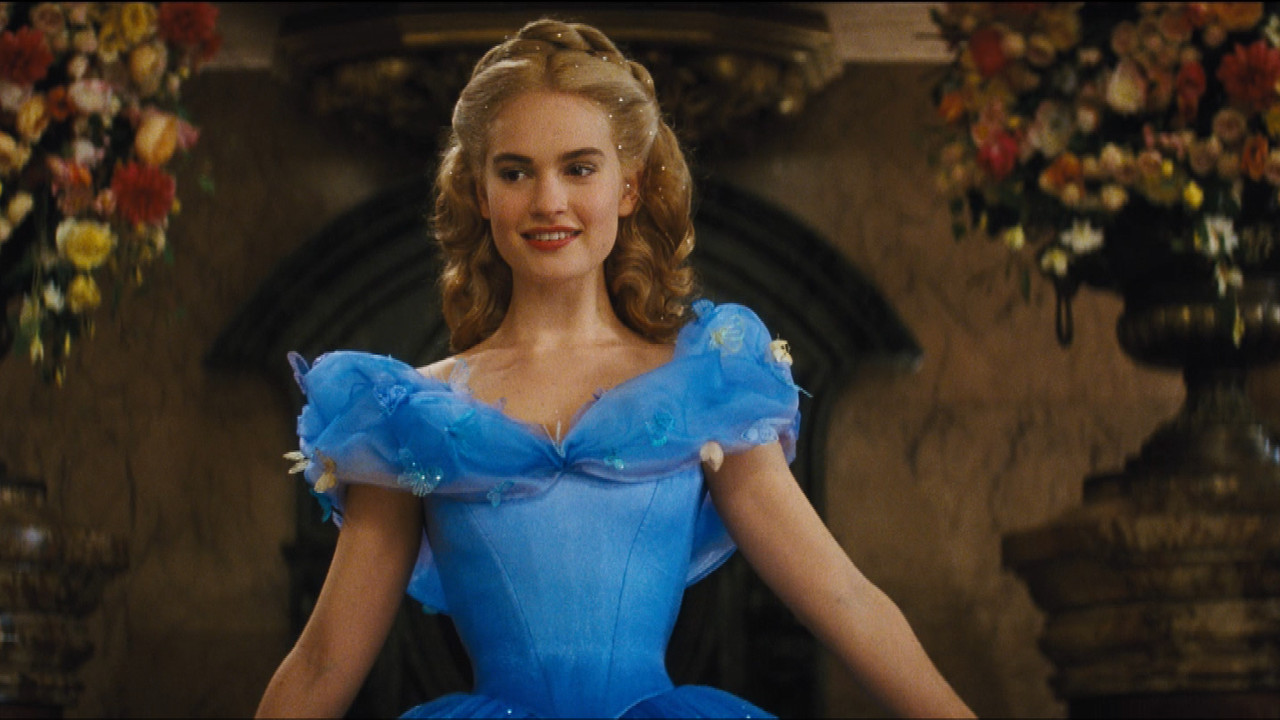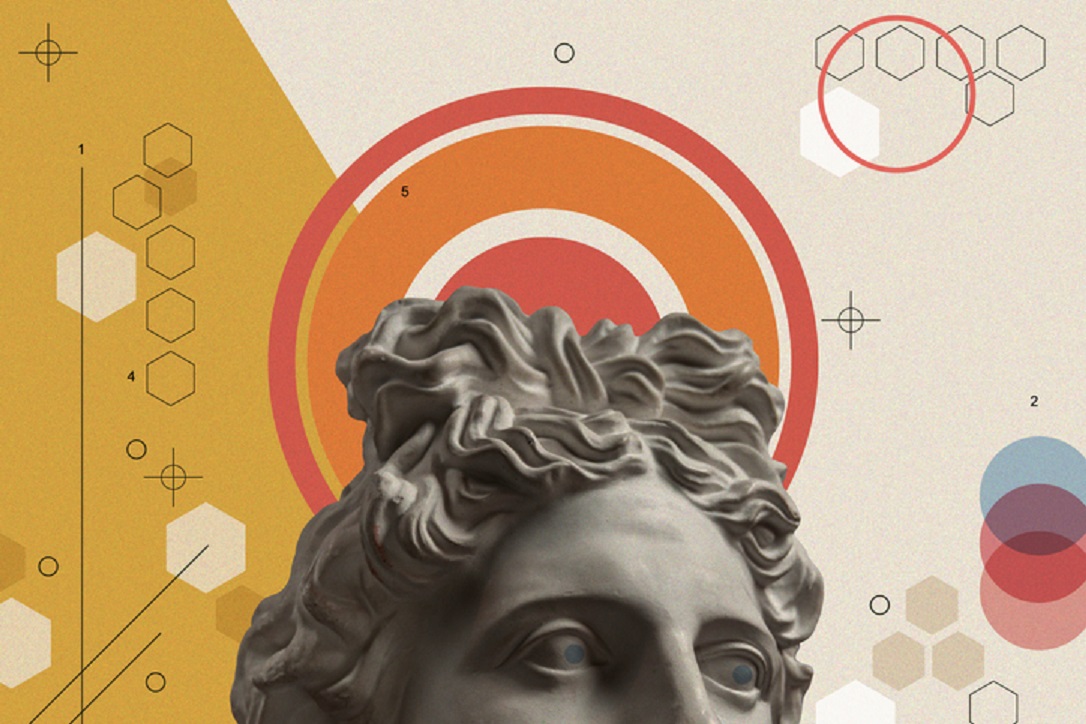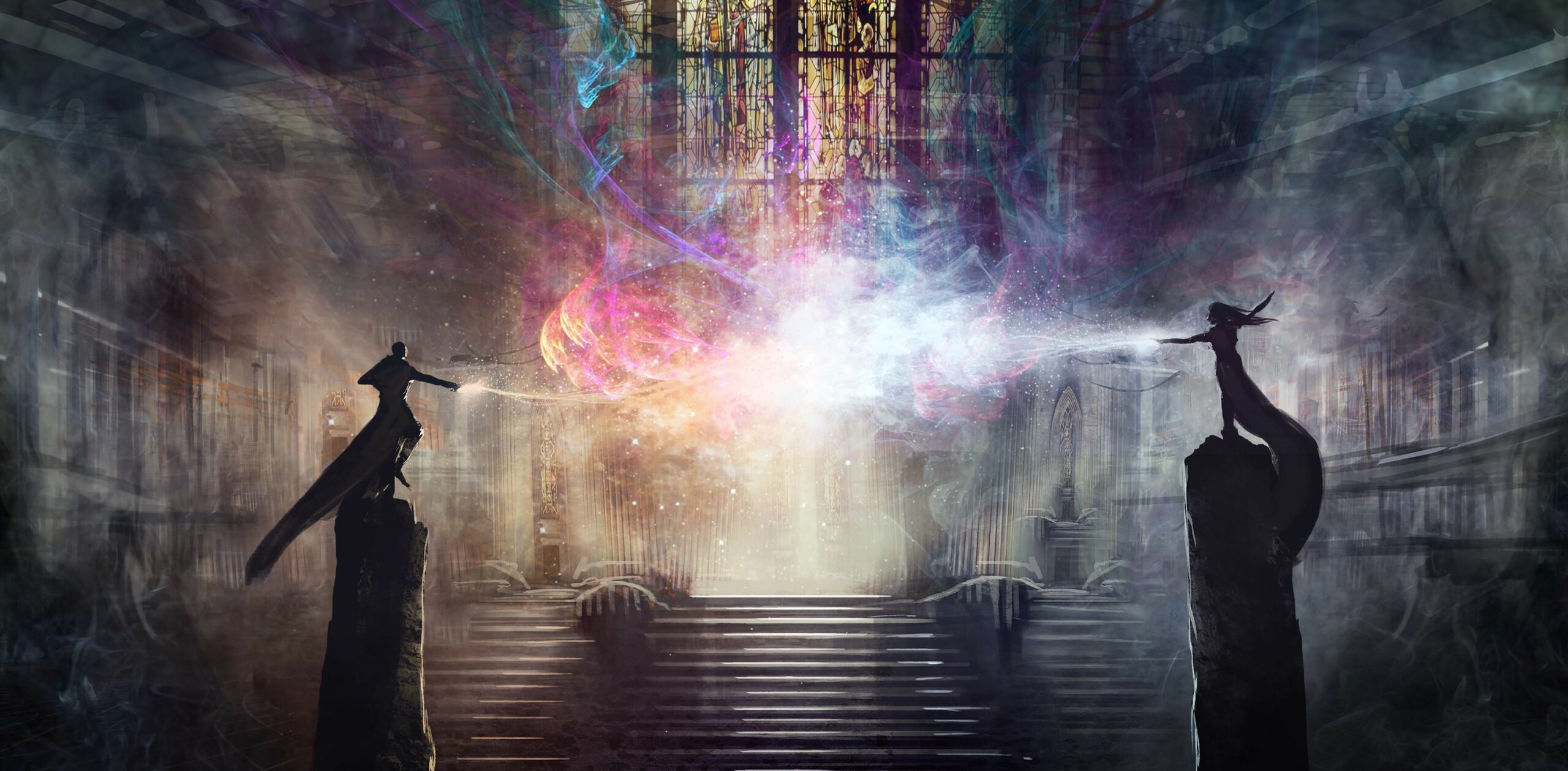Another way of saying that our ‘error’ is to be ‘always looking for freedom in the wrong place’ (which is to say, in the world of the known) is to say that the cause of our suffering and confusion is that we are always looking for joy, happiness, meaning, fulfilment, etc, in our games.
Freedom doesn’t exist in the world of the known; freedom doesn’t exist in our games and when there is no freedom there can be no joy and no fulfilment and no anything else. Without freedom there can be nothing genuine, nothing worthwhile – without freedom we are forever chasing ghosts.
The thing is that we are looking for freedom (or ‘peace,’ or ‘happiness,’ or ‘fulfilment’, or whatever else we might want to call it) and our games, whilst at the same time not knowing that we are playing games. If I knew that I was playing a game then I would also probably have the good sense to know that I won’t find any freedom there. If I knew that I was looking for freedom exclusively within the remit of my own constructs, within the remit of what I myself have said ‘should be’, then I would see at the same time that this just isn’t ever going to happen.
Of course this isn’t ever going to work – we are inventing freedom for ourselves, which basically comes down to creating an illusion of freedom that is only going to work for us if we make very sure never to question it too much, never to test it too much. The illusion of freedom works best if we don’t question it at all! The ‘analogue of freedom’ can only hold good just as long as we stay unconscious in other words, and since it is so very important to us to go on believing in the analogue of freedom it is equally important that we stay unconscious. This is a twisted knot of logic however since the only reason it is so vitally important that we don’t see through the AOF is because we are trying to make do without the genuine article, and yet there is no good reason why we should have to do this. There is such a thing as ‘authentic freedom’ already, so why do we have to come up with an inferior surrogate? If it already exists then why go to the trouble of reinventing it?
As it turns out, there’s a very good reason why the original (and best) version of freedom is no good for us. The genuine article doesn’t actually suit us; it doesn’t work for us at all. We need a ‘specially-modified form of freedom’, so to speak – we need a form of freedom that doesn’t in any way devalidate or challenge the fixed or static idea that we have about ourselves. We want to hang onto this static idea of ourselves – which is like a platform that never changes its basic orientation on things – whilst at the same time as being free, which is a very particular type of requirement. What we are actually asking for something that is entirely self-contradictory – we want to be free, but we don’t ever want to be free to discover that we aren’t who (or what) we thought we were. Any surprises in that department would be a very big ‘no-no’; a surprise in that department would be the biggest ‘no-no’ in the whole wide world…
As soon as we’re clear about this point then everything makes a lot more sense. This whole business of ‘genuine freedom versus the surrogate version of freedom’ only makes sense when we understand what our underlying motivation in all this is. Our underlying motivation is fear, and fear – generally speaking – trumps everything else, as we all know very well. Fear can easily be defined by saying that it is ‘the resistance we experience towards ungrounded change’ – ungrounded change simply being the natural state of things or ‘the way things are’. There is plenty of room for argument here of course – we can, if we wanted to, argue that the essential nature of the universe is stasis or non-change, as did the ancient Greek philosopher Parmenides. Then we can go down the route of debating the matter. This isn’t really a matter for rational debate however –it isn’t a matter for rational debate since rationality – in order to function – always has to assume a fixed frame of reference. This being the case – as it absolutely is the case – how could we possibly discuss the proposition that the universe is based on the principle of ungrounded change (which is to say, ‘universal flux’ or ‘frameworklessness’) in any fair way? The rational mind is biased from the start; it is inescapably biased – its very nature is to be biased. There is absolutelyno way on earth that the RT can genuinely entertain this possibility, no matter what it claims…
Instead of wasting time in the endless ‘to-ing and fro-ing’ of rational argument we would be much better off just ‘seeing for ourselves’ – why listen to the middleman after all, when we can inspect the goods for ourselves? Just as it is the nature of water to be wet, it is the nature of reality to be ‘groundless’, i.e. without any framework. We can project or assume as many frameworks as we like and then proceed to argue on the basis of our projected framework, that reality is organised around rules, that it is organised around some basic orientation of up versus down, yes versus no, right versus wrong, etc but that’s like a fundamentalist Christian trying to prove that his religion is the one and only true one by pointing to what it says in the Bible. This is really just the thinking mind trying to preserve itself, which is what it always does.
If we could only bring ourselves to let go of all of our frameworks and see what happen when we do this then something infinitely more marvellous and splendid would immediately show itself – the incomparable and inexpressible phenomenon of ‘change without a framework’, which is reality. This phenomenon truly is splendid but there’s something about this splendour that we are extremely averse to – there’s an ‘admission fee’ so to speak, and that admission fee is the rational mind which – needless to say – is how we make sense of everything. That’s our basic orientation gone in one go. As we read in Herman Hesse’s novel Steppenwolf –
TONIGHT AT THE MAGIC THEATER
FOR MADMEN ONLY
PRICE OF ADMITTANCE YOUR MIND
We would like to hang onto this illusion of ‘a fixed or permanent frame of reference from which to experience life’ because that basic consistency is where we get our ontological security from. ‘Ontological security’ simply means that there is some underlying aspect of reality that stays the same no matter what. Ontological security is ‘the constant in the equation’, so to speak. That ‘constant’ is the platform from which we observe and experience life. We can say this constant / platform is the thinking mind or we can say that it is ‘the Mind-Created Sense of Self’ – it’s the very same thing we’re talking about in both cases, obviously. What difference is there between ‘the thinking mind’ and ‘the concept of ourselves that the thinking mind generates for us’? To come back to what we were saying earlier on, the problem we face is that freedom is an ‘all or nothing’ type of thing – there is no negotiation, there are no special deals available to be had. For this reason freedom just isn’t what we’re after, and so – as we started out by saying – the only option we have left to us is to take no freedom (which is to say, the illusion of freedom, the fake version of freedom) instead. Our only option – if we are to stay safely away from the genuine article – is to play at being free. In this case we are ‘free’, but only in the game we’re playing, only in the dream we’re dreaming, only in the delusion we’re absorbed in. When we are ‘free in a dream’ then our so-called ‘freedom’ is only another part of the game; when we are ‘free in a dream’ then our freedom is a dream as well; and when we are ‘free in the delusion’ then that freedom itself is – obviously – just a delusion too…
What the surrogate from of freedom comes down to – in practical terms – is ‘the freedom to improve ourselves’, or ‘the freedom to improve our situation’. This possibility is very tangible, very real to us (as is the converse possibility of a disimprovement to our situation) and so our basic activity (in the game) becomes the activity whereby all we attempt to secure the advantage for ourselves. It is of course redundant to say this – of course the basic activity in a game is the activity of ‘trying to obtain the advantage’! What else could it be? This is only one type of activity in a game and that is the activity of trying to win. No other type of activity makes any sense within this context of game-playing – playing a game means ‘always trying to seek the advantage’. Playing a game means operating as ‘the advantage-seeking self’ and that’s the only type of self there is.
In one way therefore, we can say that this analogue of freedom (which equals as we have said ‘the opportunity of the self to obtain the advantage’) works perfectly well. There’s no problem with it – we don’t miss the genuine article, we don’t miss it at all. We have confused ‘genuine freedom’ with ‘what will happen when we win at the game’ and so all of our energy, all of our motivation, goes into playing the game. On a deep level we do miss intrinsic freedom but this ‘perception of a lack’ translates instantly into externally-orientated activity. We experience ‘the desire to obtain the advantage’ in other words, in whatever shape or form that advantage might take, and of course it doesn’t in the least bit matter what form it does take. This really is a bad case of confusion however because there is no way that ‘the possibility of obtaining the advantage’ (or ‘the goal’) equals freedom! Why not? Simply because the one who seeks the advantage does not exist; simply because ‘the freedom of the unreal self’ is not real freedom…
Art: taken from ninjabread.co.uk






